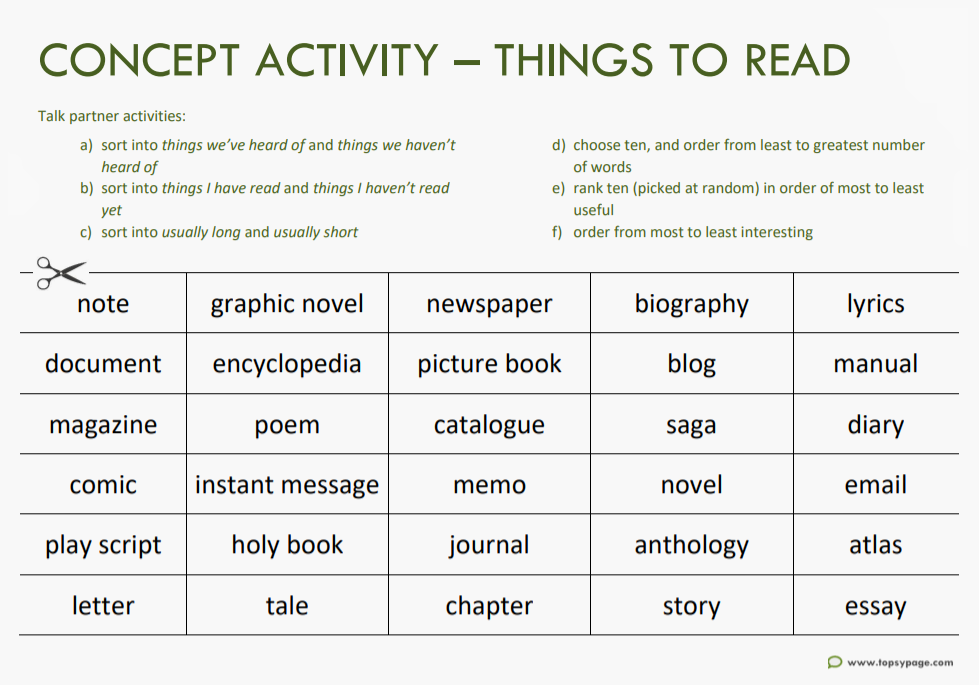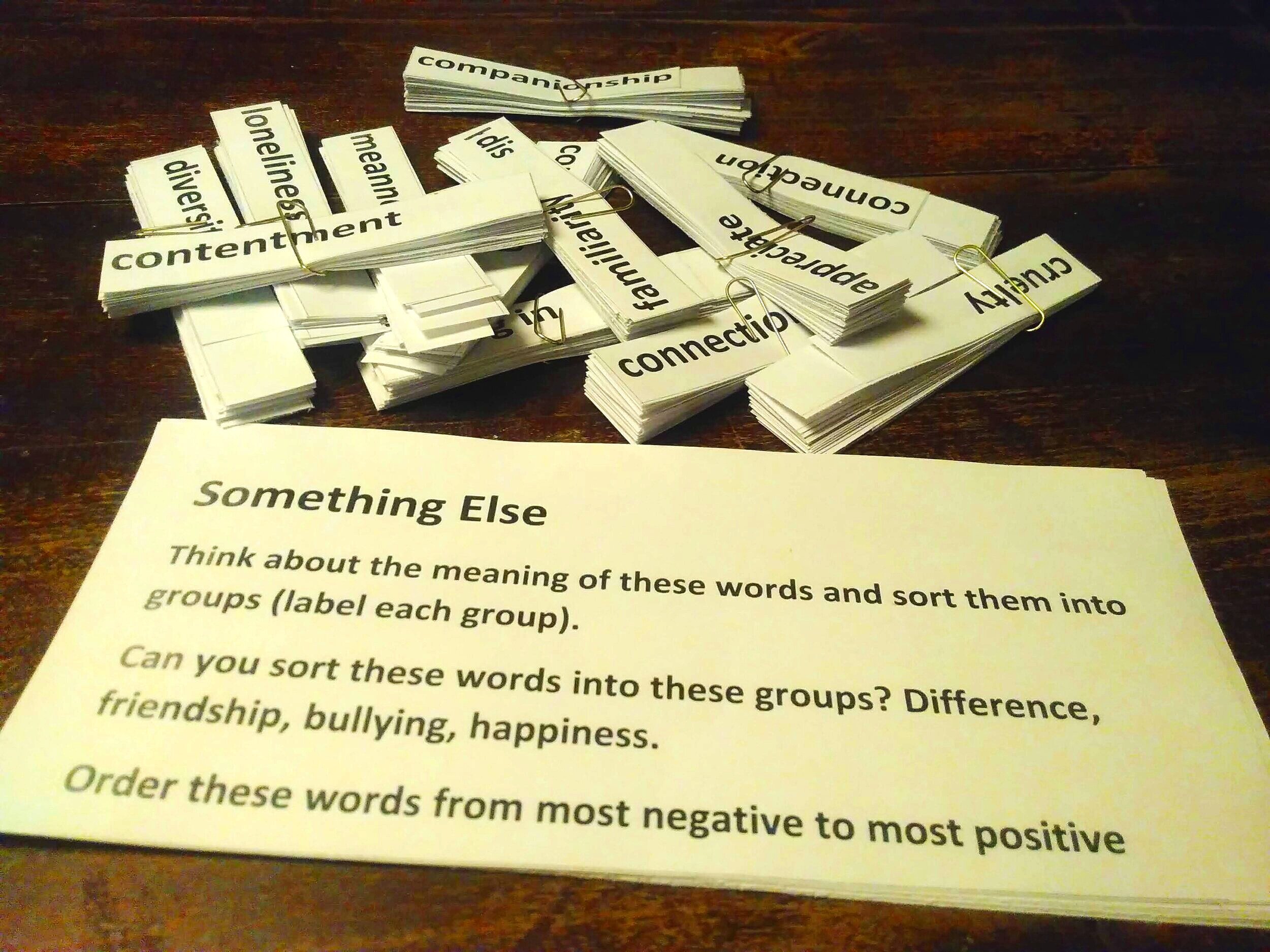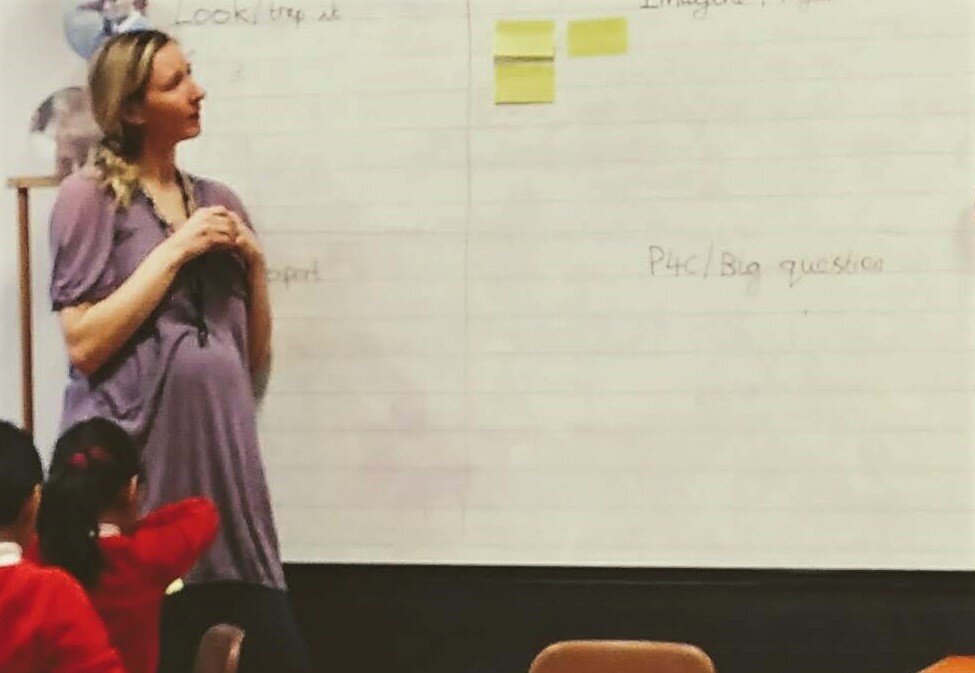It’s worth getting the habit of doing regular vocabulary activities around concepts. New concepts come up all the time across the curriculum, and getting students to think and talk about words in the context of what they are learning is essential in the quest to increase vocabulary and understanding.
These activities are fairly quick to prepare – simply create a list of synonyms or related words and ask students to order or group them.
Freshness and beauty

Concept activity – Freshness
For example, a teacher colleague was planning learning about food freshness in Science, and we developed the attached concept activity. This got her class thinking and talking about what all the words and phrases mean. Through doing this, they were then able to make more precise vocabulary choices when doing their practical and written Science work.
Another example might be a sorting activity in English, using words which are similar to beautiful or ugly; again this would help to deepen understanding of these concepts, and allow pupils to accurately apply vocabulary in both their speech and writing.
See also my post about how cut-up pieces of paper can provide a hands-on focus to vocabulary tasks.
Deepen and consolidate learning through pupil dialogue
A concept resource to explore vocabulary around different types of books and other written material
Get students to think and talk about new words in the context of what they are learning
Ways to develop talking at a distance
A lovely example of a game which generates creative thinking and can give children ownership of their talk.
A way to explore the key concepts in a stimulus and enable children to practice building on others’ ideas.
I strongly recommend providing Talk Prompts to help pupils formulate high quality spoken sentences and then bring powerful, formal phrases into their writing.
The impact on handwriting, vocabulary, and punctuation when the children are genuinely motivated to write.













